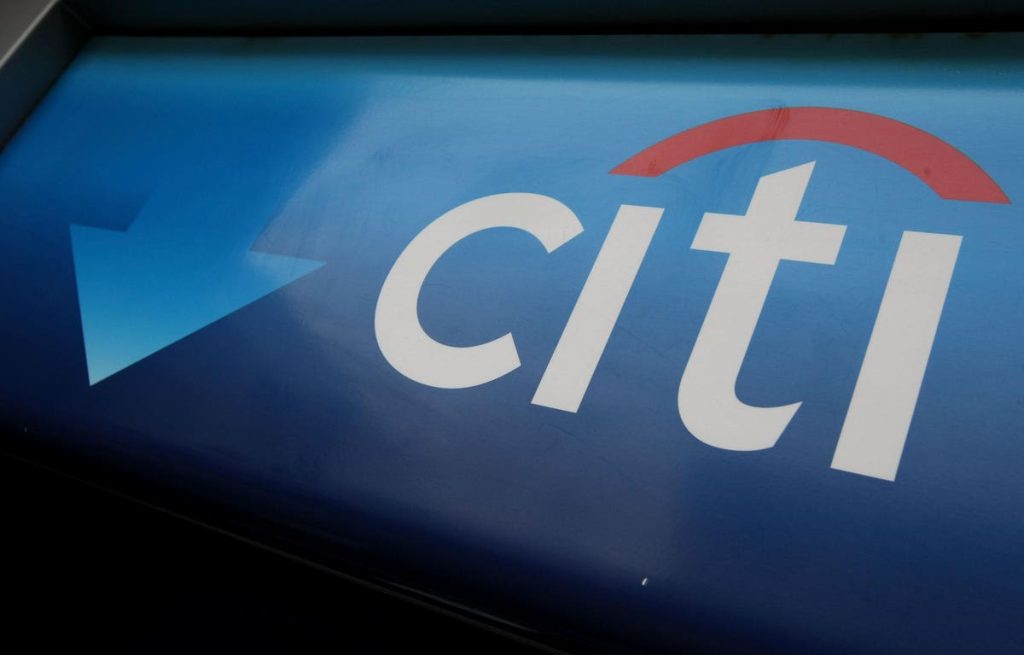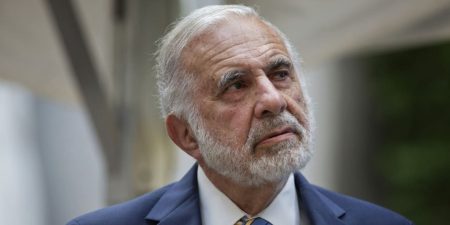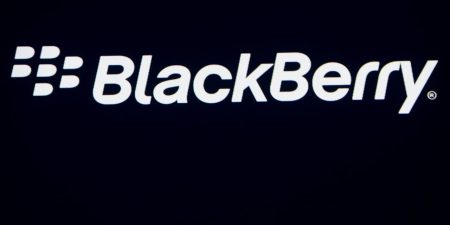Key Takeaways
- Citigroup announced a mixed bag of results for its second quarter, with revenue only just surpassing predictions and earnings per share falling
- JPMorgan and Wells Fargo fared better, with revenue and profits beating expectations
- Citigroup shares declined 4% at the news, wiping out the stock’s 2023 gains
It’s earnings report season again, and Friday brought us three of the major U.S. banks’ results – Citigroup, JPMorgan and Wells Fargo. Deal-making continues to plague the sector’s profitability as the global decline in M&A activity drags on, but retail divisions have enjoyed a boost thanks to increased interest rates on loans.
The banking sector has left its springtime woes behind it, but Wall Street remains watchful for any cracks in the facade as bankers wait for the institutional side of their businesses to pick up once more. Here’s the latest.
Even with deals on the rocks, banks have had an easier ride thanks to increased inflation-driven interest rates. You can take advantage of inflation for your portfolio with Q.ai’s Inflation Protection Kit. It includes inflation-toppling assets like TIPS, precious metals and commodities to help protect your investments from higher inflation.
It’s all powered by a nifty AI algorithm, which does the heavy lifting with the data, predicts where the upside is and then rearranges the Kit’s investments accordingly to help you build wealth.
Download Q.ai today for access to AI-powered investment strategies.
What happened with Citi’s earnings report?
Citigroup’s revenue just squeaked past expectations, coming in at $19.44 billion versus a predicted $19.28 billion result. It’s a 1% decrease from the same time last year when revenue came in at $19.6 billion. The bank’s net interest income also surged by 19% to hit $13.9 billion, as banks have enjoyed additional income from higher interest rates on lending to customers.
But it wasn’t all sunshine and roses. Citigroup’s earnings per share declined by 3.32%, with Citi reporting $1.33 compared to the expected $1.38. It’s far from the previous quarter, where Citi’s EPS smashed predictions by nearly 29%. As for deal-making, the report showed a continued slowdown. Citigroup’s institutional clients’ revenue dropped 9% from the same period last year.
Citigroup’s latest report also revealed it’s bracing for a credit crunch. The bank has further bolstered its reserves for defaults and bad loans by $320 million, while net charge-offs soared by 77% compared to last year’s period, reaching $1.5 billion.
The icing on the cake was a net income result of $2.9 billion for the second quarter, which is a 36% decline from the previous year’s period. Citigroup blamed higher expenses, borrowing being more expensive and lower revenues as the primary causes.
Jane Fraser, CEO of Citigroup, acknowledged the troubled times ahead for consumers but stressed that another banking crisis, as we saw in March, isn’t on the horizon. “Amid a challenging macroeconomic backdrop, we continued to see the benefits of our diversified business model and strong balance sheet,” she said.
How does it compare to other banks?
Citigroup wasn’t the only banking heavyweight to release its earnings report. JPMorgan was triumphant on many fronts, with a 44% net interest income increase to hit $21.9 billion and a 67% soar in profit for the second quarter, reaching $14.5 billion.
This amounted to a 34% increase in revenue, soaring to $41.3 billion. As expected, it was JPMorgan’s retail division that was the driving force behind the increased figures, but the bank hasn’t been hampered by its takeover of doomed regional bank First Republic.
Wells Fargo also enjoyed a helping hand from interest rate boosts, but loans were slightly down. Net interest income arrived at $13.2 billion for the second quarter, with earnings per share at $1.25 based on a revenue figure of $20.5 billion. Loans were at $945.9 billion, missing analysts’ anticipated $949.4 billion figure.
Wells Fargo’s CEO, Charlie Scharf, specifically referenced the U.S. commercial property market’s perceived weakness, with the bank setting aside $949 million in Q2 to cover bad loans. “While we haven’t seen significant losses in our office portfolio to date, we are reserving for the weakness that we expect to play out in that market over time”, he said.
We expect to hear from Goldman Sachs and Morgan Stanley
MS
The market reaction
Even though revenue targets beat expectations, Wall Street had enough concern for Citigroup’s shares to slide 4% on Friday at the news and wipe out the stock’s gains so far this year, leaving Citi shares up just 0.07% since 2023.
In comparison, JPMorgan shares rose 0.9% thanks to its earnings, revenue and profit margin increases, beating Wall Street expectations. Wells Fargo saw a 0.3% decline even after posting higher earnings and revenue than anticipated. The SPDR S&P Bank ETF is now down 16% from the start of the year.
Overall these are pretty harsh market assessments from traders, which indicates continued unease from investors over the banking sector, but probably isn’t helped by overly cautious CEO statements, the fallout from the debt-ceiling crisis and the continued deals drought.
When could the deals drought end?
The major banks rely on two sources of income: consumers, also known as the average American who needs a loan or a bank account, and institutional clients, also known as companies looking to merge or float on the stock market. And right now, it’s not getting a lot of the latter.
PwC’s half-year report on M&A activity revealed an 8% decline in deal-making activity from 2022’s levels, which were already way down from the 2021 peak, while the amount of ‘mega deals’ over $1 billion has declined by a massive 58% since the record M&A season. Fraser said it best in Citigroup’s press statement: “The long-awaited rebound in investment banking has yet to materialize, making for a disappointing quarter”.
That being said, there’s hope on the horizon. The Fed may be looking to pause or even reverse interest rate hikes in the next few months, given inflation is falling and the jobs market, which has been a thorn in the side of battling high inflation, is finally weakening. A cut in interest rates could give the deals market fresh life and revive the banks’ ailing M&A divisions.
The bottom line
Citigroup’s earnings were more of a mixed bag than its peers, JPMorgan and Wells Fargo, but there were no major surprises. In all likelihood, the market reaction was a little harsh, given the banking system does seem to be holding steady again. From Wall Street’s point of view, they’re not taking any chances.
Still, the banks can’t rest on their laurels. They might all be waiting with bated breath for when the next big deals are coming down the pipeline, but the global economy isn’t looking too hot – even if the U.S. is doing a good job of fighting rampant inflation. Those reliant on deals may have a difficult few months ahead until the storm clears.
With Q.ai’s Inflation Protection Kit, you can turn inflation in your favor. This Kit’s got your back with inflation-slashing assets like TIPS, precious metals and commodities to keep your investments safe from inflation’s bite.
A slick AI algorithm is the secret sauce that helps safeguard your investment; sift through the data to determine which assets are performing well and then adjust the Kit as needed. Pretty handy, if we do say so ourselves – and your portfolio will thank you for it.
Download Q.ai today for access to AI-powered investment strategies.
Read the full article here









